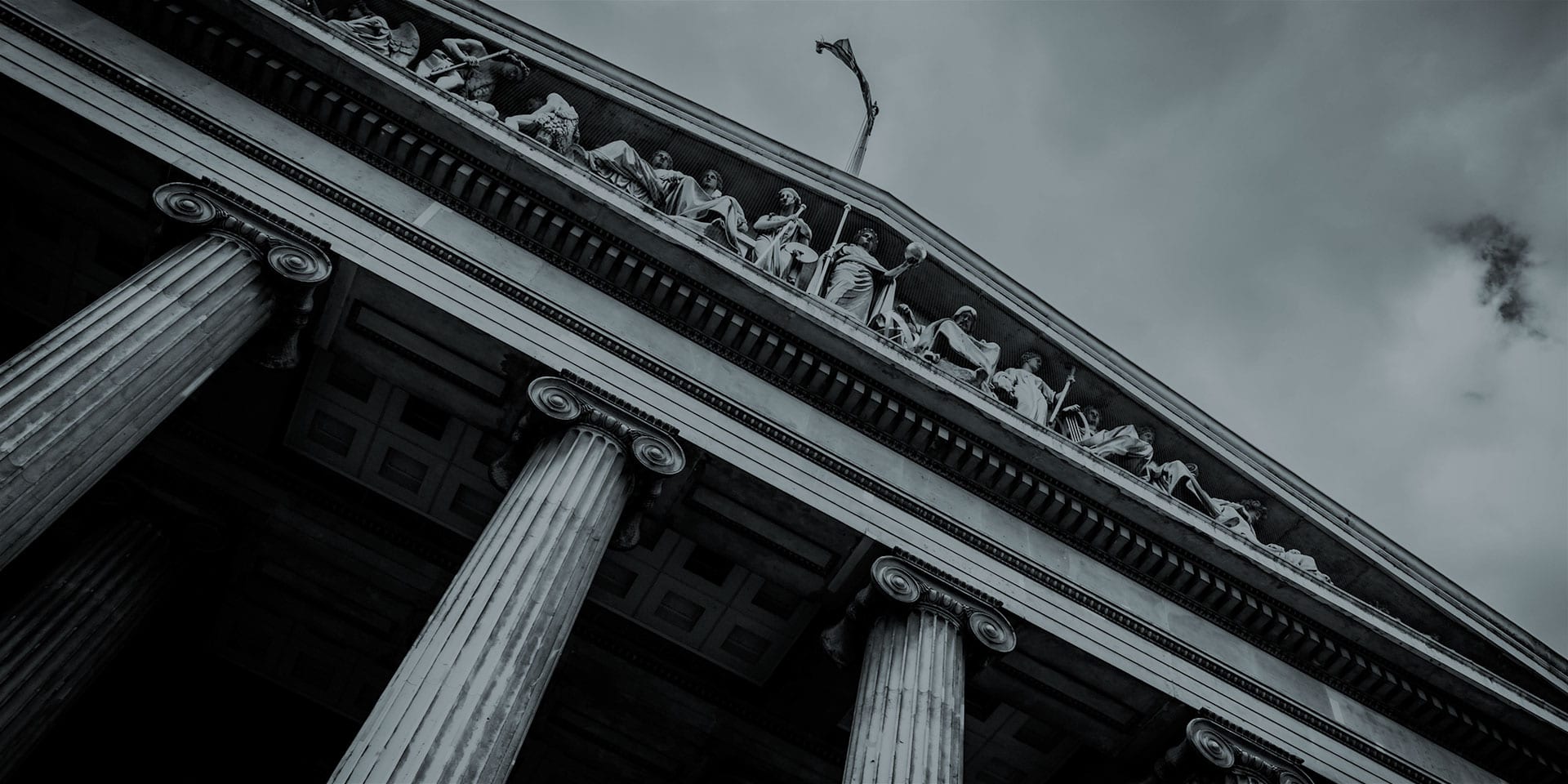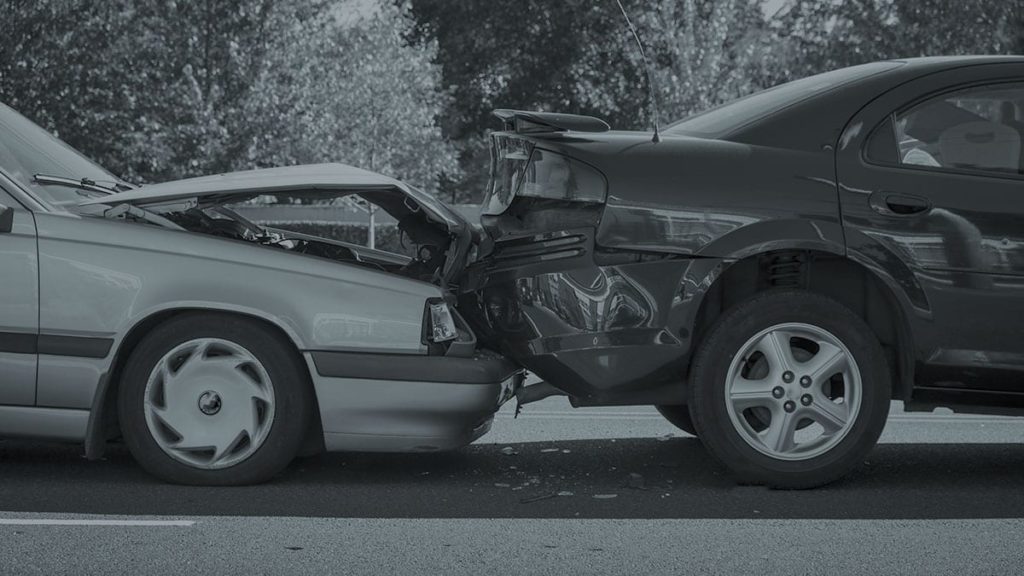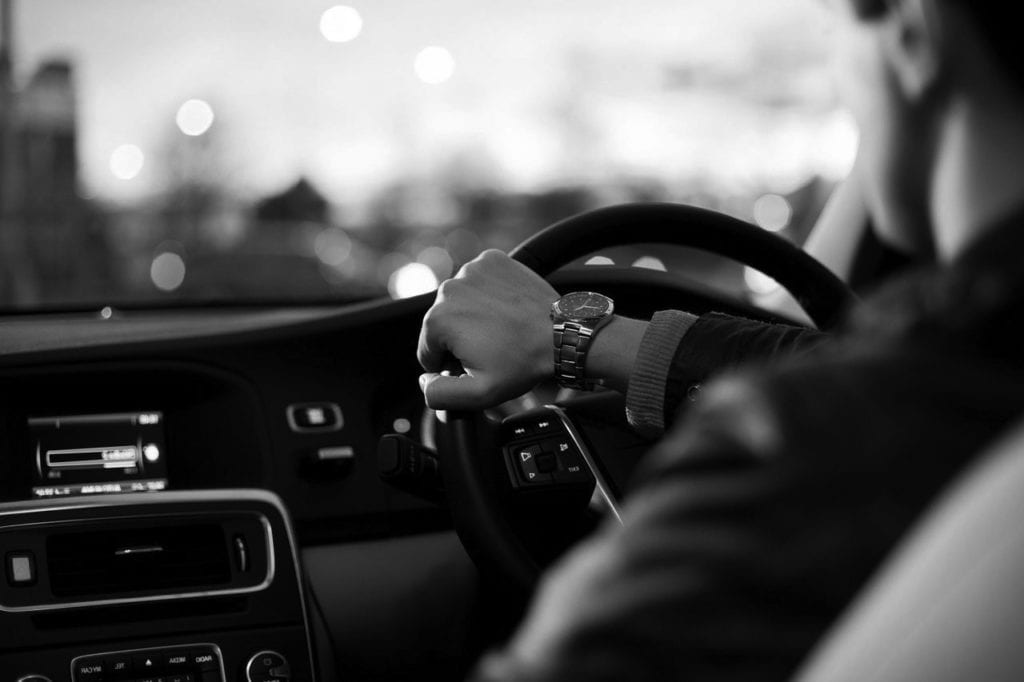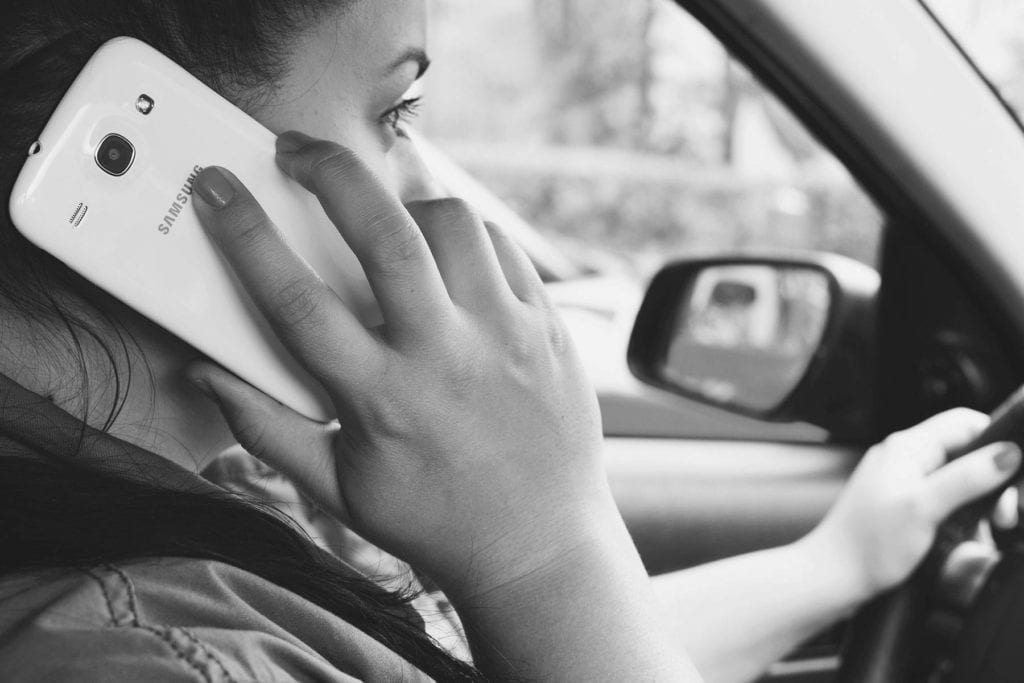Send your enquiry.
Contact us for a free, initial no obligation consultation.
"*" indicates required fields
Your information is safe and treated in accordance with our Privacy Policy
With the festive season drawing to a close, we are hearing from increasing numbers of people who have been caught drink driving over the holidays. Often, they have a lot of questions, such as: what will happen next? Will they lose their licence? Is there is anything they can do to improve the outcome?
To make things easy, we have put all these questions into a blog. So, if you have recently been caught drink driving, please read on. Hopefully you will find all the information you are looking for.
Solicitors – England and Wales
If you would like further legal advice, please do not hesitate to contact us at Ashmans Solicitors. We are experienced motoring defence solicitors. We can answer your questions and represent you throughout proceedings.
Can the police request a breath test at any time?
The police can stop you at the roadside or come to your home and request a breath test if:
- They think you have been driving; and
- They think that you have committed a traffic offence, or you have been involved in a road traffic accident
This means that, in theory, the police can request a breath test at any time. They do not have to prove that you were driving or that you committed a traffic offence. There simply has to be a ‘belief’ that the above occurred.
Can I refuse to provide a sample of breath?
You cannot refuse to provide a sample of breath unless you have a reasonable excuse, which usually means a medical excuse (such as asthma). If you cannot provide a breath sample then you will be asked to attend the police station and provide a different type of sample, such as a blood sample.
If I’ve been drink driving, isn’t it better to refuse to provide a sample?
Failing to provide a sample without a reasonable excuse if a separate criminal offence. The sentencing starting point for this offence is actually higher than that for drink driving. So, refusing to provide a sample is not a good idea and will not mean that you avoid a driving ban.
Do I have to provide a sample if I wasn’t driving?
You still have to provide a sample if the police request it, even if you were not driving. Remember, the police only have to hold a reasonable belief that you were driving. They might hold this belief if, for example, they find you in the driver’s seat of a vehicle while over the legal limit. Where this happens, the police can ask you to take a breath test. If you refuse, then you can be charged with failing to provide a specimen – even if you later establish that you were not driving.
Therefore, it is best to provide a sample and then prove that you were not driving/drunk in charge of a vehicle.
What is the legal limit for drink driving?
The legal limit for drink driving in breath is 35 micrograms in 100ml in breath. In blood it is 80 milligrammes in 100ml. In urine it is 107 microgrammes in 100ml.
How much can I drink and drive?
It is impossible to say how much you can drink before you are over the legal limit. Alcohol impacts everyone differently. It all depends on the strength of the alcohol, the quantity consumed, and the individual’s height, weight, gender and physique. There are also other factors that can influence how the body processes alcohol, such as how much food has been eaten, stress and fatigue.
What happens if the reading is over the limit?
The roadside test is a preliminary test. It gives a result straightaway. If it shows that you are over the limit, you will be arrested and taken to the police station for a second test. This is known as an evidential test. If this is also over the limit, you will be formally charged with drink driving.
What is the sentence for drink driving?
Drink driving carries a mandatory 12-month disqualification. This is increased to a three-year driving ban if you have been convicted of a drink-related driving offence in the previous 10 years. This includes drink driving, drunk in charge and failing to provide a specimen.
There are also other punishments available, such as penalty points and even imprisonment. The sentence depends on a range of factors. The higher the level of the alcohol reading, the harsher the sentence is likely to be. This is also true if there are aggravating factors, such as driving while disqualified or a previous drink driving disqualification.
Sentences at the lower end could be a conditional discharge or fine. More serious offending could result in up to 6 months’ imprisonment.
Can I reduce the sentence?
You can usually reduce the length of the sentence by completing a drink driving rehabilitation course at your expense. If the course is successfully completed, your sentence may be reduced by up to 25%.
Can I plead exceptional hardship?
No, you cannot plead exceptional hardship in a drink driving case. Exceptional hardship is when you ask the court not to impose a driving ban because it would cause you/others to suffer. However, this can only be pleaded in totting up bans, which is what happens when you get 12 points on your licence.
Can I plead special reasons?
You can plead special reasons in drink driving cases. This is when you admit that you are technically guilty of drink driving, but only due to mitigating circumstances. For example, it could be that someone spiked your drink. Or perhaps you were fleeing from danger. This is a complicated area of the law and we recommend that you get legal advice, if you intend to plead special reasons.
Best drink driving solicitors – England and Wales
If you have been accused of drink driving and you would like expert legal advice, please contact us at Ashmans Solicitors. We have a specialist team of motoring offence solicitors.
Call us on 0333 009 6275. We are available to take your call 24 hours a day, 7 days a week. See our motoring defence fees page to find out more about our fixed fees.
You can also email us on enquiries@ashmanssolicitors.com or complete our Online Enquiry Form and we’ll be in touch soon.




